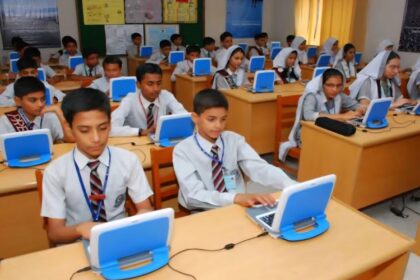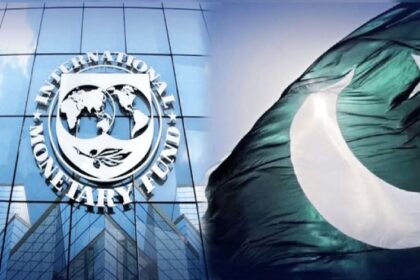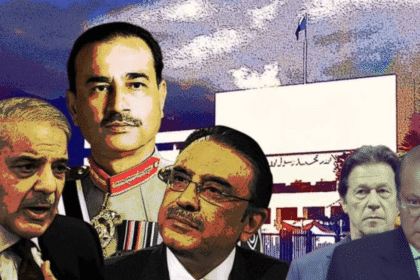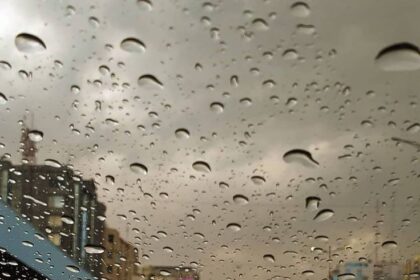Punjab Chief Minister Maryam Nawaz Sharif stressed the need for “climate diplomacy” between Pakistan and India to address the growing menace of air pollution, particularly smog, which suffocates both countries every winter.
Speaking at an event in Lahore, she explained how the geographic proximity and shared air patterns of Punjab on both sides of the border required collaborative action to tackle the environmental hazard. “Climate diplomacy with India is not only essential but unavoidable,” she remarked during the inauguration of the CM Internship Climate Resilient Leadership Program and the launch of Pakistan’s first smog hotline ‘1373’.
The chief minister stressed the importance of rising above political tensions to focus on mutual ecological challenges. “The smog knows no borders,” she said, “and it’s important that we work together to curb it.”
Every year, air quality nosedives as soon as the cooler months start. Cities like Lahore in Pakistan and Delhi in India consistently rank among the ‘most polluted’ in the world.
Agricultural burning, industrial emissions, and vehicular exhaust have been blamed for this seasonal spike in pollution. When these particles get trapped close to the surface during the winters due to a drop in temperature, the air quality gets worsened and exceeds safe limits by alarming margins.
According to environmental studies conducted over the years, air pollution in South Asia cuts life expectancy by more than five years for people living in the region. In both Pakistan and India, the smog crisis is compounded by other environmental factors such as deforestation and unregulated urban development.
Maryam Nawaz informed the gathering about the several steps the Punjab government has taken to mitigate the effects of smog. While launching the smog hotline, she said the initiative has been designed to increase public awareness and engagement in smog control efforts, and would allow citizens to report pollution-related concerns.
She said the Punjab government plans to allocate one percent of the development project funds for plantation drives across the province, which would significantly reduce pollution levels. Trees will be planted along major roads, while green spaces will be incorporated into urban development projects, as per the chief minister’s directives.
She also called for educational initiatives, saying that schools should include environmental awareness in their curriculum between October 15 and November 15 to help students understand how serious the smog problem is. The government has increased the stipend for participants of the climate internship program from Rs25,000 to Rs60,000.
Perfect timing
Maryam’s proposal for climate diplomacy with India comes just ahead of Indian Foreign Minister Subrahmanyam Jaishankar’s visit to Pakistan for next week’s Shanghai Cooperation Organization summit in Islamabad. No formal bilateral talks on this issue have been confirmed. Still, the chief minister has pushed for an open line of communication that is focused purely on environmental cooperation.
“Some issues, particularly environmental ones, require collaboration regardless of political disagreements,” she said. Addressing environmental interns, Maryam hoped they would find meaningful employment in related sectors after the program. She also called for stronger collaboration between government departments and job placement agencies to ensure a smooth transition into careers that support Pakistan’s environmental goals.
















